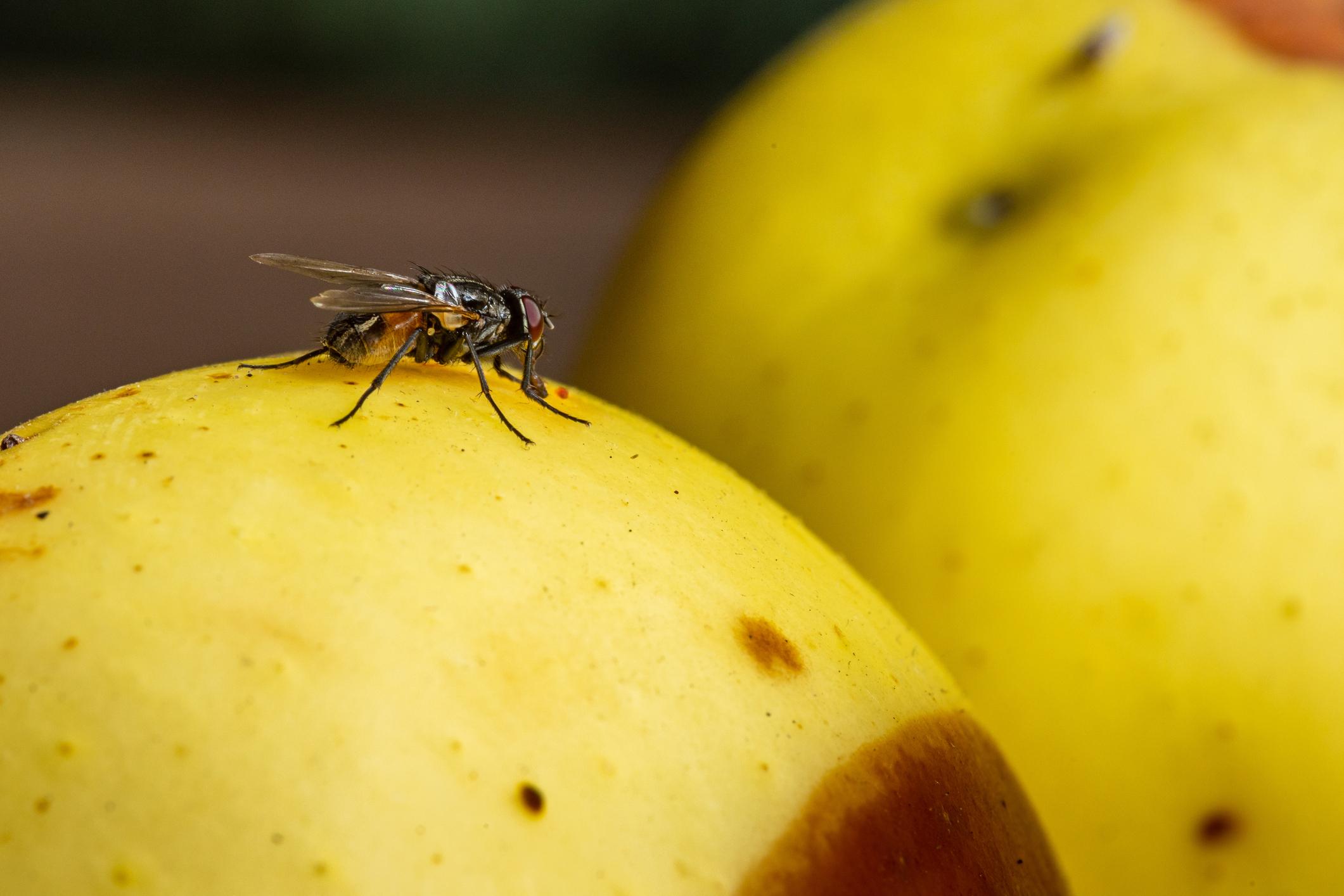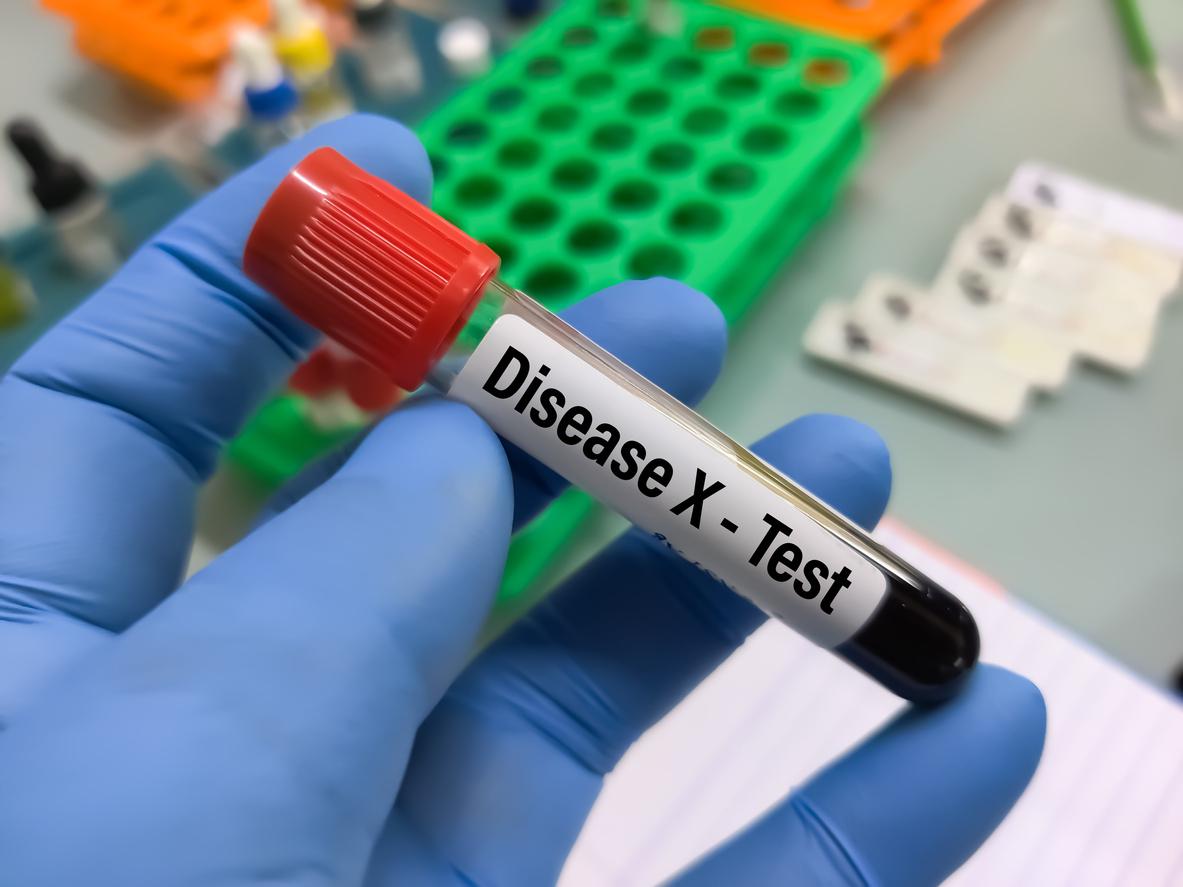Pesticides may be responsible for the development of Parkinson disease, but there is a way to protect yourself against this pathology, according to the results of a published study Environmental Health Perspectives. Conclusions obtained on zebrafish.
Ziram fungicide, a pesticide commonly used in agricultural areas in the United States is known to cause loss of the main source of dopamine in the central nervous system, dopaminergic neurons, which is associated with Parkinson disease. These toxic agents increase the concentration of a protein, α-synuclein, which will accumulate and cause sequelae in neighboring neurons. This mechanism is observable and similar in Parkinson’s patients excluding exposure to pesticides.
Researchers at the University of California at Los Angeles (United States) used a genetically modified zebrafish to develop Parkinson’s disease to expose it to ziram, which deprived it of dopamine. Second, they targeted the α-synuclein protein and exposed the fish to pesticides.
Using α-synuclein protein to treat Parkinson’s disease
The results of the study showed that the elimination of the α-synuclein protein protects the fish against the loss of dopaminergic neurons caused by exposure to pesticides.
“Most of the Parkinson disease appear to be at least partially caused by environmental factors such as exposure to pesticides. These results thus support that targeting the α-synuclein protein could slow or stop the progression of the disease in a large number of affected patients. Getting rid of the protein genetically or breaking down the aggregates with this drug helps protect against the toxicity of the pesticide. However, most environmental toxins act on the same path as ziram, so we can test candidates under development against exposure to ziram ”recalls Dr. Jeff Bronstein, professor of neurology at UCLA.
“While 70% of Parkinson’s cases cannot be explained by genetics, this new understanding of the pathogenesis of Parkinson disease, linked to environmental factors, is an important step towards the “real” treatment ”.
Read also:
Parkinson’s disease: a new warning sign to watch closely
Singing improves some symptoms of Parkinson’s disease
Parkinson’s disease: what’s new in research?
















